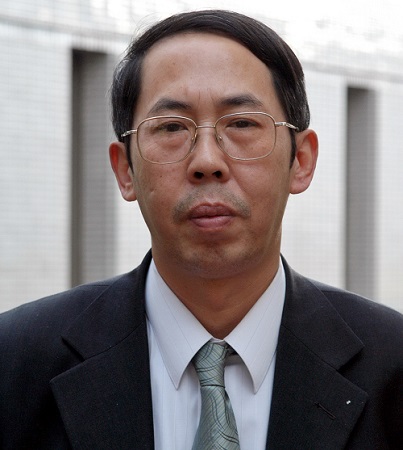China’s Strategic Approach toward the United States
Date: 14 February 2017
Two things have become increasingly clear in Chinese foreign policy. First, there is a clear aspiration for expanding and enhancing China's soft and hard power and influence and for a long-term preponderant role in Asia and the Western Pacific. Second, over the last two years President Xi Jinping has pushed forward strategic transformation with mixed results. China’s strategy now favours "strategic economy" following a period of primarily "strategic military". Major aspects of the "strategic military" remain, however, making this new approach a combined and complex one. China’s recent strategic transformation appears to be a "strategic expansion" without major retrenchment. In this context, China’s behaviour in the South and East China Seas becomes more prominent and understandable. What remains uncertain, however, are possible changes in the face of the coming “Trump storm”.
About the speaker

Professor SHI Yinhong
Director of the Center for American Studies at Renmin University
Dr. Shi Yinhong is Professor of International Relations, Chairman of Academic Committee of the School of International Studies, and Director of the Center on American Studies at Renmin University of China in Beijing. He has served as a Counsellor of the State Council of People's Republic of China since February 2011. He previously was Professor of International History at Nanjing University, 1993-1998, and Professor of International Relations and Director of the Center for International Strategic Studies at International Relations Academy, Nanjing, 1998-2001. He also served as President of American Historical Research Association of China from 1996 to 2002.
Dr. Shi received a Ph.D. in International History from Nanjing University in 1988. He was a visiting fellow at Harvard-Yenching Institute at Harvard University, 1983-1984, a visiting fellow at Federal Institute for Eastern European and International Studies in Cologne, 1992, a Fulbright research visiting scholar at the University of North Carolina at Chapel Hill, 1995-1996. He taught graduate courses as Visiting Professor of Public Policy three times at University of Michigan, Visiting Professor of Modern China Studies at Aichi University in Nagoya, and Visiting Instructor of Chinese Foreign Policy at University of Denver.
Dr. Shi Yinhong engages in research and teaching on the history and theory of international politics, strategic studies, East Asia security, and foreign policies of both China and the United States. He has published seventeen books, most of them in China, including Foreign Policy and Historical Lessons (2014); The Pathology, Resurgence, Decline, and Demise of An Empire: A Systematic Analysis of Ba Gu's Book of Han Dynasty (1st century A.D.) (2014); China's Political Experience: A Politico-Strategic Reading of Sima Qian's Historical Record (2 century B.C.) (2012); Global Challenges and China (2010), Thirty Studies on Strategy: Reflections of China’s External Strategy (2008), History of Modern International Relations: From the 16th Century to the end of the 20th (2006); International Politics and Statecraft (2006); From Napoleon to the Vietnam War: Lectures on Modern Strategy (2003); International Politics: Theoretical Exploration, Historical Survey, and Strategic Thinking (2002); The Origins of Confrontation and Conflict: U.S. Policy toward the Communist China and the Chinese-American Relations, 1949-1950 (1995), and U.S. Intervention and War in Vietnam, 1954-1968 (1993). He also has published more than 570 professional articles and essays in academic journals, magazines, and newspapers, as well as sixteen translated books mainly on strategic history and international politics.
